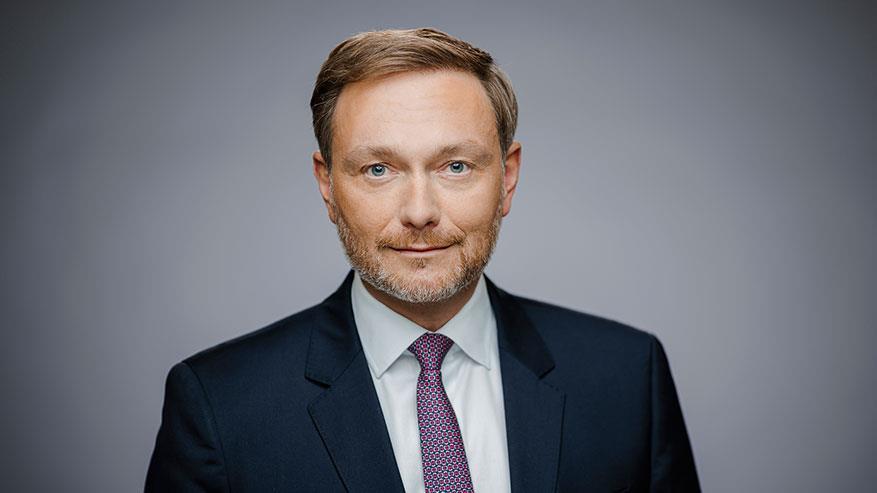German Finance Minister Christian Lindner is in favor of Pensionskassen's creation of an appropriate platform to promote investment in the real economy and has called on pension funds to invest in domestic growth.
“What we have to make is that German insurance companies and pensions Kassen not only invest in stones such as government bonds and real estate; [so] We can also invest in infrastructure and business ventures,” he said at the Freedom Party (FDP) conference in Berlin last weekend.
The finance minister believes that Germany needs a new Future Financing Act (Zukunftsfinanzierungsgesetz), following the law approved last year, to mobilize private capital.
The Future Financing Act, a pillar of the government's startup strategy, lowers the market capitalization threshold for IPOs to €1 million to encourage start-ups and small and medium-sized enterprises to list.
Lindner said Germany has a “competitive disadvantage” compared to the United States due to a lack of capital markets for private investment.
“[[n the US] There is a capital market culture. Across society, people invest in businesses. [There] Retirement plans are determined based on the economic strength of the country. We too have to move in this direction,” the finance minister added.
Lindner's liberal party, the FDP, has called for economic changes, saying Germany is “currently uncompetitive”. [and] “According to the decisions taken by party members at the conference, the economy is stagnant like other developed countries,” he said.
The FDP's demands also resonate with plans set out by UK Chancellor of the Exchequer Jeremy Hunt to unlock up to £75bn of investment from defined contribution (DC) and local government pension schemes (LGPS) to support the UK economy. .
Former Italian Prime Minister Enrico Letta, in a recent report, said that taking into account private savings amounting to 300 billion euros in the United States, establishing a savings and investment alliance in Europe and 33 trillion euros to finance the European Union's strategic goals. It was proposed to utilize private savings in euros. It ends up in the hands of a US asset management company every year.


